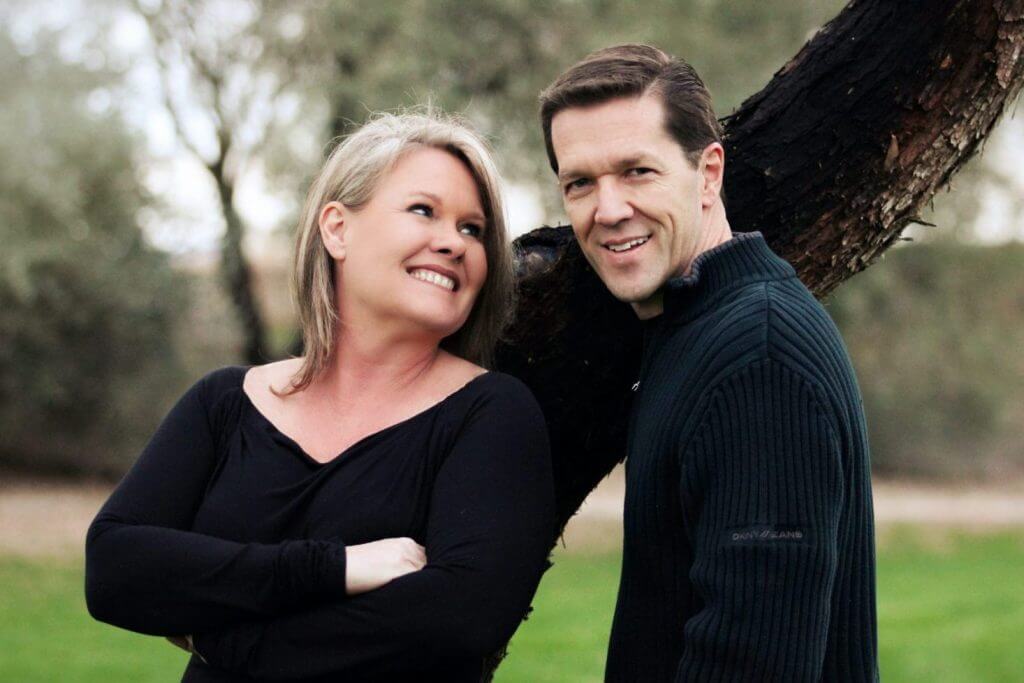Authority is a dirty word these days.
Our tendency is to think of it in terms of ‘authoritarian’ or even ‘totalitarian’, in which the one in authority owns his subjects the way a man owns his boots or his dog. This is largely because the past few centuries have been the story of people rebelling against irksome authority and then misrepresenting it to claim it was never legitimate to begin with (looking at you, Mr. Luther).
This tendency makes certain passages in the Bible awkward for modern Christians, particularly modern Christian women. Passages like Ephesians 5:22-24:
Let women be subject to their husbands, as to the Lord: Because the husband is the head of the wife, as Christ is the head of the church. He is the saviour of his body. Therefore as the church is subject to Christ, so also let the wives be to their husbands in all things.
The standard practice when faced with this passage is to emphasize the duty it and the following verses place on husbands: to love their wives as Christ loved the Church and to lay down their lives for them.
This is all perfectly right and proper, however it is easy to skim over an important point.
And I am fully aware how little what I am about to say will be to the liking of most who read this, but it has to be said.
To say a husband stands to his wife as Christ stands to the Church is to say that he is very definitely in authority over her. Whatever obligations this may impose upon him, her duty to be obedient to him is in no way mitigated.
Now, as I began this post by suggesting our idea of authority may be erroneous, you may (I foolishly dare hope) suspect that this doesn’t quite mean what we would tend to think it means.
So what exactly does "authority" mean in a Christian marriage?
Authority means the right to be obeyed with regards to the subject of one’s authority. It is the power to create a moral obligation in a subject. If I own a book, then I have authority over that book, and so if you borrow it, I can demand it back and so create in you the obligation to give it back to me, not because I can force you to give it back, but because it is mine and if you refuse to give it back you will be committing a sin.
To say a husband has authority over his wife means that when he asks her to do something, it creates in her the moral obligation to do it, to the extent that he is invoking his husbandly authority. Obviously she can suggest something else, or make her own wishes known, and no man of sense would press his authority too often or arbitrarily, but at the end of the day, the husband is the one who holds the family policy.
The objection often raised is “can a husband then order his wife to do something wrong or something contrary to her human dignity?” The answer, of course, is no. In the first place, you cannot create a moral obligation to do what is immoral: all authority is from God and subject to Him (Rom 13:1), and consequently no human authority can ever be absolute.
In the second place, well, that is where the oft-quoted second part of the command comes in.
A husband’s duty is to lead his wife to God.
You can imagine the household hierarchy like a line of magnets; God draws up the husband, who draws up his wife, and they both draw up their children. The husband, as head of the household, is responsible for the souls of his wife and children, just as a Bishop is responsible for the souls of his flock. Which is not to say that they cannot be saved without him, but that if they are not saved, he will have to answer for it. His authority is for the purpose of leading them to heaven.
In fact, ‘responsibility’ is simply another word for ‘authority’ (so is ‘right’, but we don’t have time to get into that). To be responsible for anything means to exercise decision making powers over it. Otherwise, in what way could you be responsible? The outcome would be entirely out of your hands. If a man is responsible for his family, that can only mean that he has the power, indeed the obligation, to make decisions on their behalf.
So practically speaking, how does one live this out in a marriage?
What all this amounts to is that the duties on both sides are actually far more imposing than is commonly supposed.
For husbands, it is not simply a matter of loving and honoring your wife. You stand in authority over her, which means the buck stops at you. You will be held responsible for the state of her soul (as Adam was held responsible for Eve). For wives, the duty to be submissive to your husband is not simply a matter of expecting him to be humble and chaste and gentle with you; it is an obligation to honor and obey him as you would Christ.
Neither of you will be judged by how often you were proven right; you will be judged by whether you fulfilled your duty to each other and most importantly, to God.


